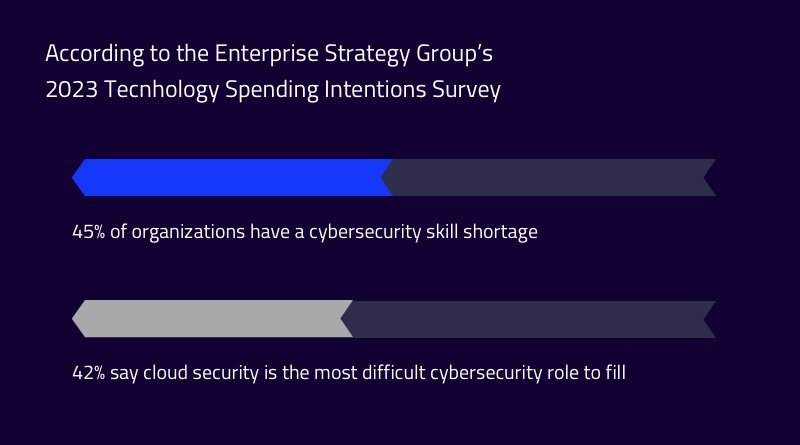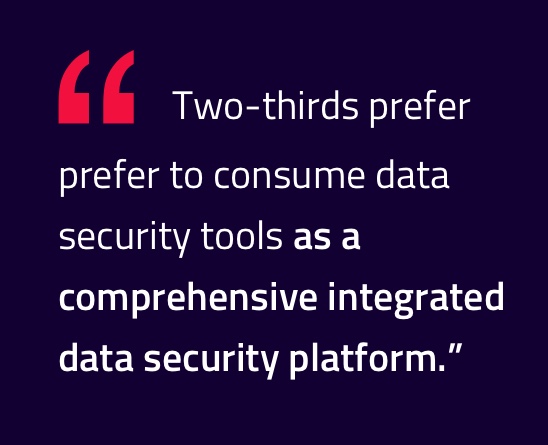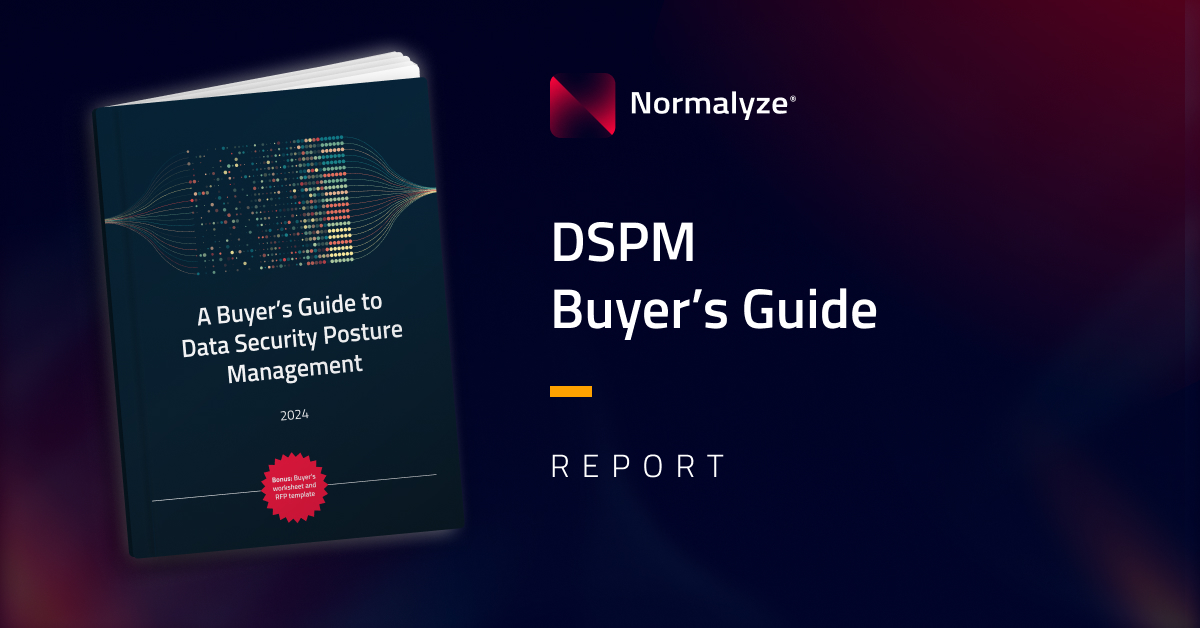This blog is fifth in our series about a new study, Cloud Data Security by TechTarget’s Enterprise Strategy Group (ESG). The study examined challenges of securing cloud data among 387 IT, cybersecurity, and DevOps professionals who evaluate, purchase, test, deploy, and operate hybrid cloud data security technology products and services at organizations in North America. Normalyze is a co-sponsor of this study. If you’d like to read ESG’s eBook about the entire survey, download a PDF here.
This blog summarizes key points for the survey’s fourth major finding: Organizations are applying cloud data security technologies, with a desire for integrated data security platforms.
Effectiveness of Third-party Tools and CSP Capabilities
Defense-in-depth has long been a bedrock strategy pursued by cloud security architects. It entails using a variety of tools to address specific vulnerabilities to cloud infrastructure and cloud-resident sensitive data.
Respondents cited several third-party tools believed to be “most effective” for protecting public cloud-resident sensitive data. Examples of older and emerging tools include data loss prevention (DLP), data detection and response (DDR), and cloud security posture management (CSPM). Data security posture management (DSPM) was also cited as “most effective” by 18% of respondents, despite this being a relatively new security platform.
Defense-in-depth means tapping a variety of tools, including native capabilities from the cloud service providers (CSPs). The survey reported five controls from CSPs were “most effective” for protecting public cloud-resident data. These include monitoring and alerting on anomalous activities, data breach detection and response capabilities, encryption key management, audit trail services, and native multi-factor authentication.
Organizations Prefer a Comprehensive, Integrated Data Security Platform
The quest for a comprehensive, integrated data security platform is part of a broader trend of consolidation within the security industry. For example, a 2021 report by IBM says 30% of survey respondents deploy more than 50 tools and technologies for security. And 45% said they use more than 20 tools when specifically investigating and responding to a cybersecurity incident.
Using and managing a large number of security tools is complex and challenging, especially with a severe shortage of skilled cybersecurity experts. Another ESG study, 2023 Technology Spending Intentions Survey, found that 45% of organizations have a cybersecurity skills shortage. And 42% say cloud security is the most difficult cybersecurity role to fill. Reducing the number of tools has become a common goal for enterprises of all sizes. Reducing the cost of security operations is another driver for consolidation.
In this Cloud Data Security survey, ESG found two-thirds of respondents prefer to use data security tools as a comprehensive integrated security platform. ESG says security professionals consider the most important data security platform attributes as:
- Data type coverage (structured, unstructured, video, etc.)
- Data location (SaaS, IaaS, PaaS, and on-premises)
- Integration with other security tools
- Availability as a managed service
- Availability on cloud marketplaces
As an integrated cloud data protection platform, Normalyze fulfills all five of these desirable attributes from a centralized control console.


Our next blog in this series will take a deeper look at ESG’s fifth major finding, that data security is a team sport, with security and IT ops taking the lead. Meanwhile, if you’d like to read all of ESG’s major findings, you can download the eBook here.
